
2025-01-31 17:24
IndustriyaPrice Inflation In Forex Market
#firstdealofthenewyearFateema
In the forex market, price inflation refers to the impact of rising prices on a currency's value. Inflation affects forex trading in several ways:
1. Inflation and Currency Value
Higher inflation in a country typically weakens its currency because purchasing power decreases, making it less attractive to investors.
Lower inflation generally strengthens a currency as it maintains purchasing power and economic stability.
2. Central Bank Policies
If inflation rises too much, central banks (like the Federal Reserve, ECB, or BOE) may increase interest rates to control inflation, which can strengthen the currency.
If inflation is too low or negative (deflation), central banks may cut interest rates or use quantitative easing, weakening the currency.
3. Exchange Rate Movements
High inflation leads to depreciation as foreign investors demand less of that currency.
Countries with stable or low inflation tend to have stronger currencies over time.
4. Inflation Indicators to Watch in Forex Trading
Consumer Price Index (CPI) – Measures price changes in goods/services.
Producer Price Index (PPI) – Tracks price changes from producers.
Core Inflation Rate – Excludes volatile items like food and energy.
Interest Rate Decisions – Set by central banks in response to inflation trends.
Katulad 0

FX1816125491
Mangangalakal
Mainit na nilalaman
Pagsusuri ng merkado
Dogecoin cheers coinbase listing as Bitcoin’s range play continues
Pagsusuri ng merkado
Grayscale commits to converting GBTC into Bitcoin ETF:
Pagsusuri ng merkado
Bitcoin's price is not the only number going up
Pagsusuri ng merkado
Theta Price Prediction:
Pagsusuri ng merkado
How to Research Stocks:
Pagsusuri ng merkado
Bitcoin (BTC), Ethereum (ETH) Forecast:
Kategorya ng forum

Plataporma

Eksibisyon

Ahente

pangangalap

EA

Industriya

Merkado

talatuntunan
Price Inflation In Forex Market
 Nigeria | 2025-01-31 17:24
Nigeria | 2025-01-31 17:24#firstdealofthenewyearFateema
In the forex market, price inflation refers to the impact of rising prices on a currency's value. Inflation affects forex trading in several ways:
1. Inflation and Currency Value
Higher inflation in a country typically weakens its currency because purchasing power decreases, making it less attractive to investors.
Lower inflation generally strengthens a currency as it maintains purchasing power and economic stability.
2. Central Bank Policies
If inflation rises too much, central banks (like the Federal Reserve, ECB, or BOE) may increase interest rates to control inflation, which can strengthen the currency.
If inflation is too low or negative (deflation), central banks may cut interest rates or use quantitative easing, weakening the currency.
3. Exchange Rate Movements
High inflation leads to depreciation as foreign investors demand less of that currency.
Countries with stable or low inflation tend to have stronger currencies over time.
4. Inflation Indicators to Watch in Forex Trading
Consumer Price Index (CPI) – Measures price changes in goods/services.
Producer Price Index (PPI) – Tracks price changes from producers.
Core Inflation Rate – Excludes volatile items like food and energy.
Interest Rate Decisions – Set by central banks in response to inflation trends.
Katulad 0
Gusto kong magkomento din
Ipasa
0Mga komento

Wala pang komento. Gawin ang una.
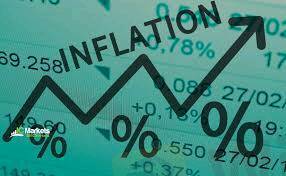
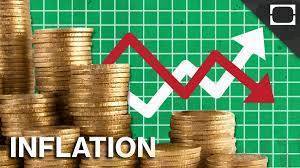
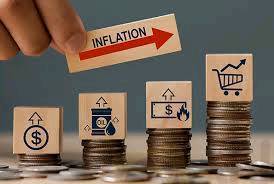
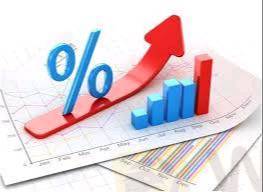
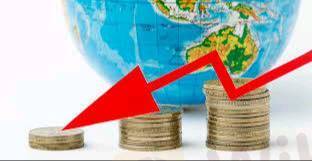
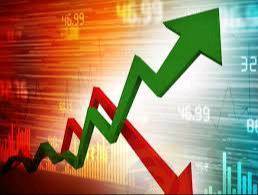
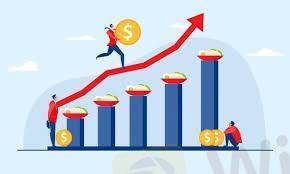
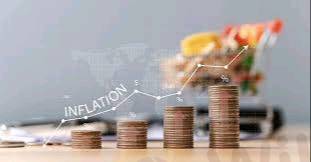
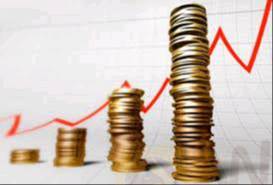
Ipasa
Wala pang komento. Gawin ang una.